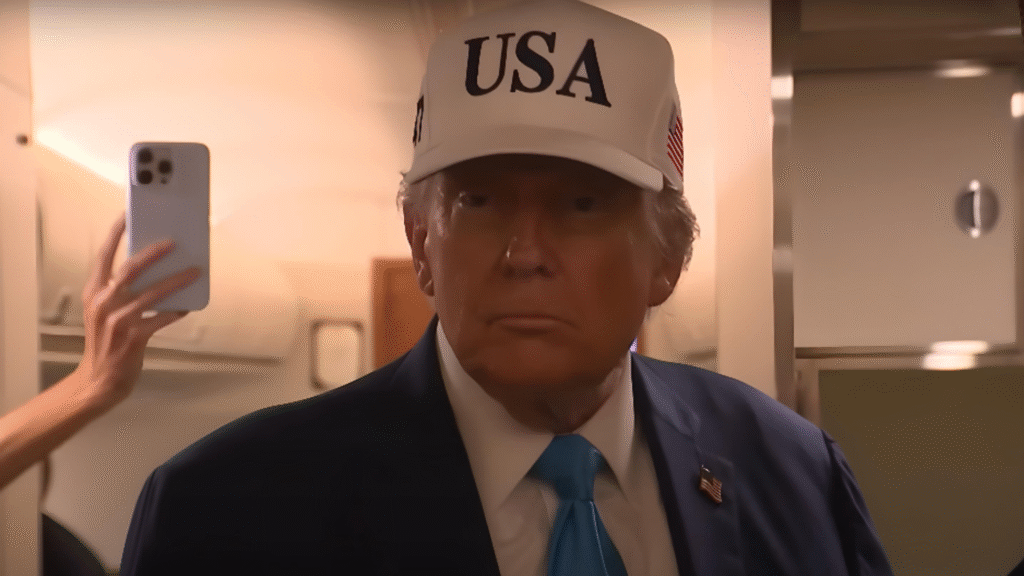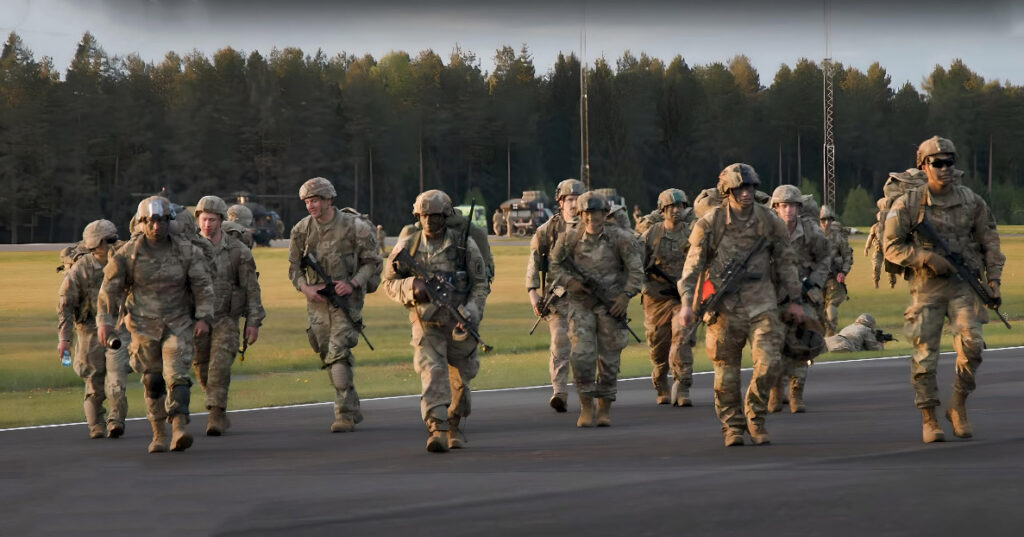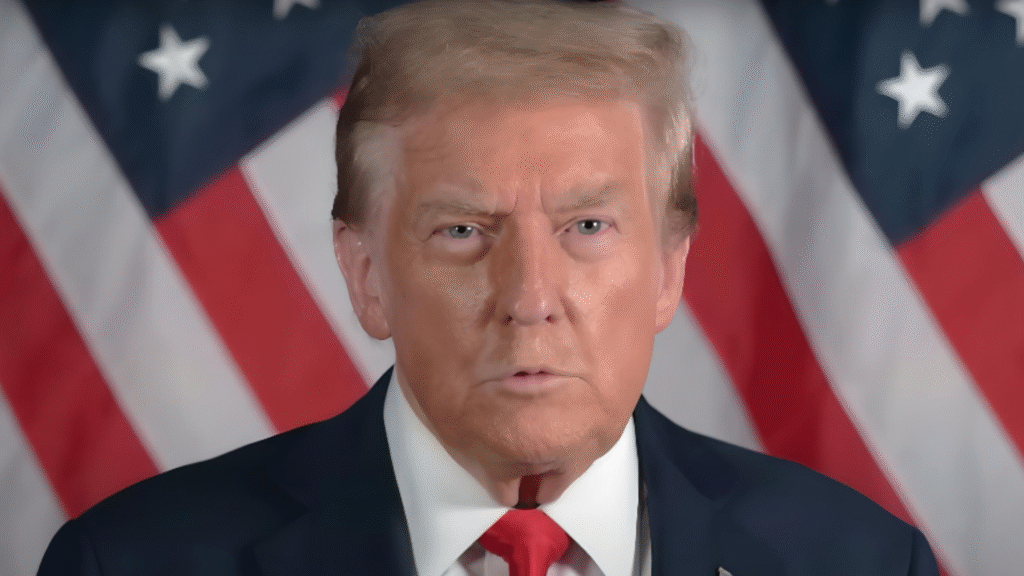The world woke up to growing fears of an uncontrolled escalation of the ongoing conflict between Ukraine and Russia after a complex military operation by Ukraine targeting Russian airfields. The bold strike, dubbed “Operation Spiderweb,” hit four military airbases deep inside Russia, raising concerns about a possible further escalation of a conflict that is already undermining global stability.
The Ukrainian operation, carefully planned over 18 months, demonstrated advanced technological capabilities. Drones equipped with artificial intelligence penetrated Russian territory and struck airfields in the Ryazan, Irkutsk, Ivanovo, and Murmansk regions, some of which were located up to 2,500 miles from the front lines. Ukrainian officials said the targets were bases from which strikes were launched against their cities and described the operation as a necessary defensive measure.
Russia’s response was swift and severe. On June 5, a barrage of more than 400 drones and dozens of missiles struck Ukrainian infrastructure in one of the largest coordinated attacks in recent months. Although the full extent of the damage remains unclear, these strikes mark the beginning of a dangerous new chapter in the conflict that analysts warn may be difficult to contain.
US President Donald Trump, who has positioned himself as a mediator in the crisis, issued a stark warning about the deteriorating situation. Speaking from his Mar-a-Lago estate, Trump described Ukraine’s operation as a move that “gave Putin an excuse to strike back hard.” He expressed disappointment that the escalation was undermining his efforts to establish dialogue, noting that the conflict was “spiraling out of control.”
During a private phone call with Russian President Vladimir Putin that lasted more than an hour, Trump tried to find common ground, but later acknowledged that the conversation, while friendly, had not yielded significant progress. “We are still negotiating, and that’s good,” he said, “but we are not close to a breakthrough.” Trump stressed the need to resume negotiations between the two countries, warning that “the consequences of further escalation could be catastrophic for all parties involved.”
The strikes have changed the global conversation about the conflict. Whereas previously the discussion was dominated by clear support for one side, there is now growing concern about actions that could provoke broader retaliation. Some politicians are now calling for a reassessment of strategies to avoid bringing the situation to a point of no return.
Trump also commented on a bill proposed by the US Congress that would impose 500% tariffs on energy imports from countries linked to Russia’s fuel sector. He called the measure “bold” but refrained from making a final judgment, saying he would carefully evaluate any sanctions to balance pressure on Moscow with the need to keep diplomatic channels open.
As the world braces for what comes next, the specter of a broader conflict looms large. Experts warn that further attacks on critical infrastructure — or even the use of strategic weapons — could become a reality if tensions are not defused. Trump’s remarks underscored this fear: “We are walking a fine line, and one wrong step could send us over the edge.”
Diplomatic efforts are expected to intensify in the coming days under public pressure and a growing awareness that the events of June could be a turning point. For now, the world is watching developments with concern, hoping that common sense will prevail.



